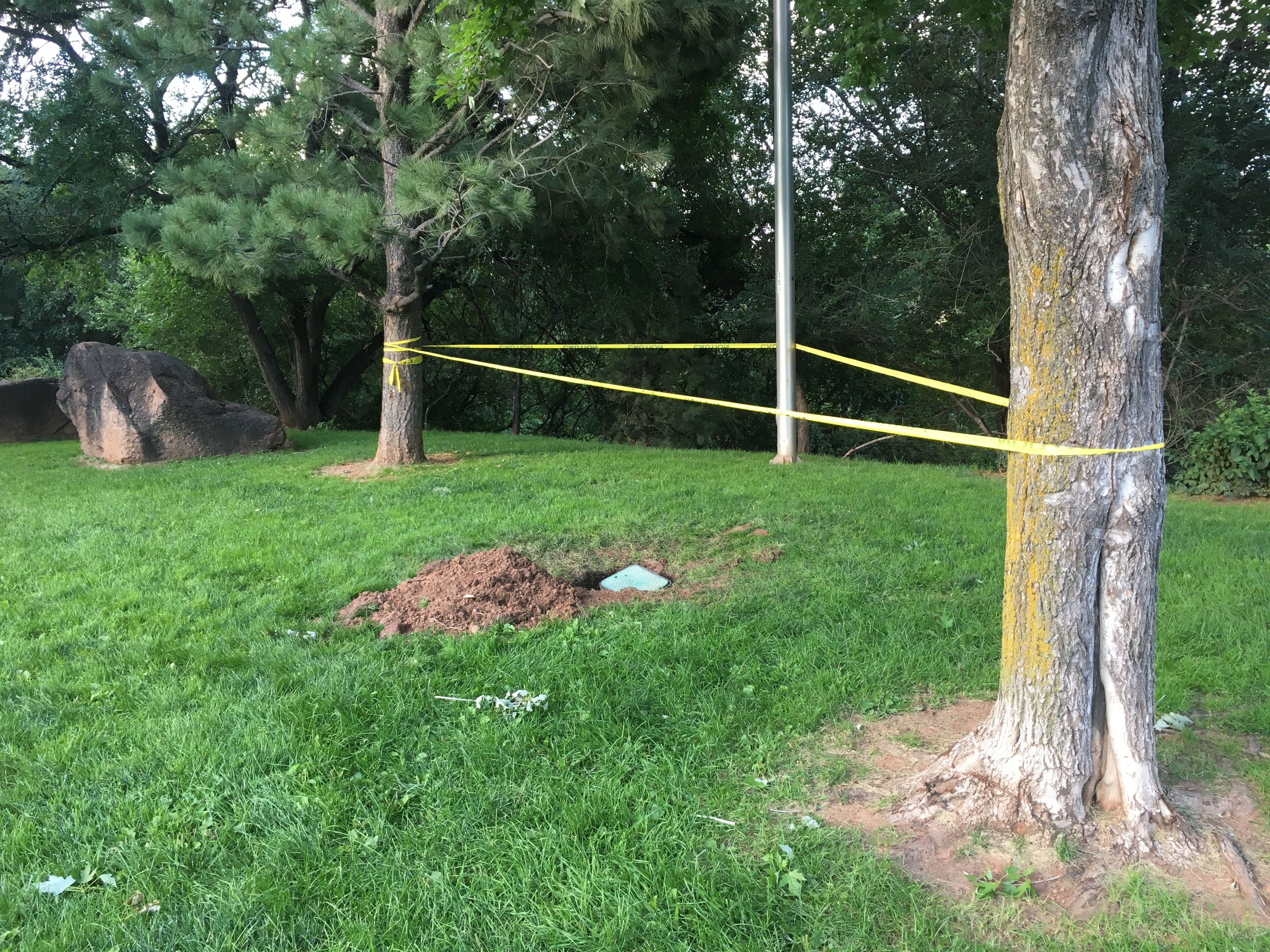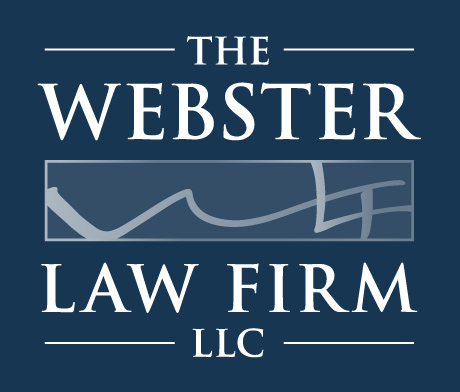In Colorado we take a little different approach to injuries that occur on other people’s property than a lot of other states. Years ago our legislature decided to enact what is referred to as the Premises Liability Act. It is a statute that deals solely with the responsibilities that a landowner has to individuals who enter his or her property.
This statute pertains to actions by people who have been injured while present on another person’s property, whether that be your local merchant’s store or the back yard of your family friend. What is interesting about this law is that it is a throwback to old common law (court made law often originating from old English law for you geeks) which set different categories for individuals who enter another person’s land. The way that the law works is that when a person enters another person’s property, they attain a status under the statute which applies to them in the event that they are injured while on that property. There are three categories that a person can fall within and each depends entirely upon why the person was on the property.
The first category is called an Invitee. This is a person who comes onto property in order to transact business (customer at a store) or who enters the property in response to an invitation, whether it is express, such as when you invite friends over for dinner, or implied, such as when a grocery store opens its doors to the public. This category provides the greatest protection for individuals who get injured on another’s property. If the injured person is determined to be an Invitee, the law requires that the landowner have taken “reasonable care” to protect the Invitee from dangers of which the landowner actually knows, or reasonably should know about. What this means is that if a landowner is aware of a danger on their property that could injure an Invitee entering their property, the landowner has a responsibility to protect the Invitee from those dangers. The most interesting aspect about this particular category is that the landowner does not have to actually know about the danger, knowledge can be imputed to the landowner if the danger is one that should have been found through the exercise of reasonable care. So what is reasonable care? It’s the caution that a normal, reasonable person would take to prevent injuries on their property. A good example would be where you have a large patch of ice on your sidewalk and are having guests that evening. Under those circumstances, you would have responsibility to take action to eliminate the ice from your sidewalk in order to prevent that danger for injuring any of your guests for the evening.
The second category is called a Licensee. This is a person who enters onto another person’s property solely for their own convenience or interests, but with the permission or consent of the landowner (a good example of this category would be allowing a tree trimmer on to your property for purposes of doing work or giving you a quote for services). Landowners are only responsible for injuries that occur to Licensees when the landowner fails to exercise reasonable care to protect the Licensee from dangers the landowner creates on their property (this can occur when you do activities such as digging a hole to plant a new tree) and the landowner has actual knowledge of the danger. A second way a landowner can be responsible to a Licensee is if they fail to warn the Licensee of the danger on their property, but that the landowner did not create and is not a normal type of danger that you would see on that type of property (a good example would be when you are having work done on your property such as roofers or landscapers that create dangers because of the work itself. You have a responsibility to warn others coming on your property of dangers caused by that work that you know of.). As you can imagine, proving the “actual knowledge” element in a case involving a Licensee can be very difficult unless it was an obvious hazard that no one should have missed such as a hole in the lawn that is uncovered.
The third category is a Trespasser. As you can imagine from the category title, a trespasser is someone who enters or remains on the property of another without the landowner’s consent. For this category, the landowner is not responsible for injuries to a trespasser unless the landowner “willfully or deliberately” caused the injury. Putting it bluntly, this is almost an impossible burden to overcome and let’s face it, realistically juries aren’t going to have a lot of sympathy for injuries that happen to a person who was trespassing on another person’s property.
With this information in mind, I hope it’s obvious that if you are injured on another person’s property, the first thing you should do is take photographs of the condition that caused your injury and then you should be contacting an attorney immediately so that your claim can be evaluated and evidence can be preserved or investigated.
If you are a landowner, the key here is to act reasonably. So when it snows, shovel your walks and driveways. When you are done, evaluate whether you need to put salt down or take other measures to protect people from any dangers you see. The same thing goes for when you are doing landscaping or remodeling of your home or business. And you have to pay attention to the companies you hire to do work on your property. A landowner’s responsibility to protect Invitees cannot be waived just because you hired a company to do the work and they failed to be cautious. Landowners are responsible for their property so its important to be cautious and pay attention to potential dangers on your property and when you see one, you need to either warn or take other steps to protect people from getting hurt.
Interestingly enough I was in a park the other day and the city was clearly doing some work with the sprinklers and had to create a hazard to complete the repair. They were not able to finish the work that day so they made sure to warn people of the danger they had created by posting warning tape all around the danger. This is a great example of how to be a responsible property owner and how to protect those coming on to your property.
If you’ve been injured on another person’s property, call our office at 719-633-6620 for a free initial consultation.

